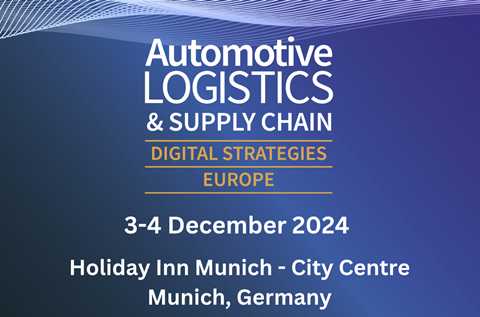Minespider providing Microvast with battery passports
Lithium-ion battery developer Microvast Holdings has signed a partnership with Minespider, a technology company offering battery passports that comply with the EU Battery Regulation update that comes into effect in 2027.

From February 18 of that year batteries used in Europe for electric vehicle (EV), light means of transport (LMT) and industrial applications with a capacity greater than 2 kWh must be electronically registered with a battery passport. The passport carries an identification QR code and CE (Conformite Europeenne) marking, which certifies that the battery has met EU health, safety and environmental requirements, ensuring consumer safety. The battery passport will include information on the battery type, chemistry and performance, as well as information on sustainability. It will also provide data on battery handling instructions and state of health to recycling operators and repurposing efforts.
Microvast, which is based in the US, will need a battery passport for all EV and industrial batteries that it wishes to sell in the European market as part of the regulation.
Minespider said it will assess Microvast’s compliance with the EU Battery Regulation and draw up the battery passports. It will provide an AI data management system enabling Microvast to upload documents from which the system captures relevant data for inclusion in the passport. The system identifies and highlights any potential gaps in the data, enabling corrective action to maintain compliance with regulations and data integrity.
“By initiating this cooperation [with Minespider] well ahead of the 2027 deadline, we are ensuring that our customers in the European Union can rely on us to deliver batteries that are both technologically advanced and fully compliant with the highest sustainability standards,” said Stefan Herr, executive-vice president for the EMEA region at Microvast. “This collaboration positions Microvast as a prime mover in setting the benchmark for sustainable battery practices.”
Microvast was founded in Stafford, Texas in 2006 with plans to focus on lithium-ion batteries for transport and energy storage. It started manufacturing its first-generation batteries in 2010 in Huzhou, China and now has manufacturing plants in the US and Germany.
Nathan Williams, founder and CEO of Minespider said that partnering with Microvast is a significant milestone in the company’s aim to drive transparency and sustainability in the battery supply chain. “We share Microvast’s vision that every battery component must have a long-term, large-scale, vast [and] positive impact,” he said. “We are thrilled to support Microvast in having a comprehensive picture of their batteries and battery components across the entire supply chain and throughout their lifecycle.”
Minespider entered the battery market in 2021 and developed its own battery passport to help OEMs and battery manufacturers comply with regulations. It works with companies, including Ford Otosan, Renault and Temsa, using a blockchain-based platform for tracking supply chain data and creating more sustainable and transparent supply chains.






